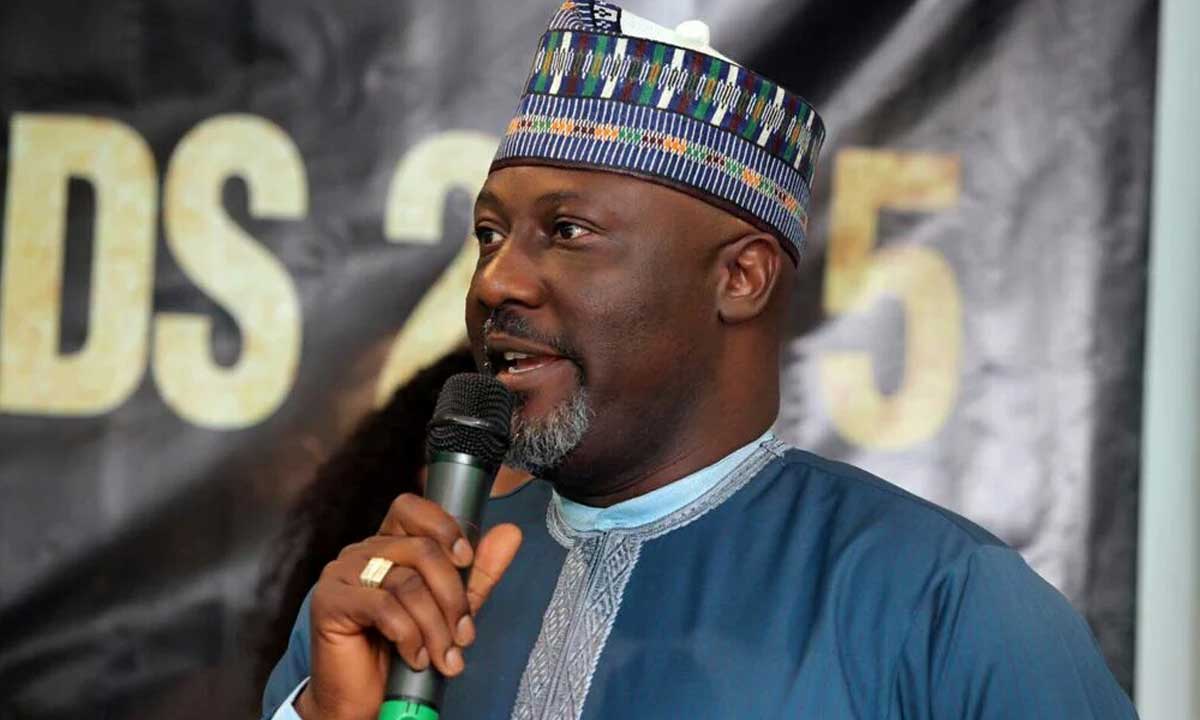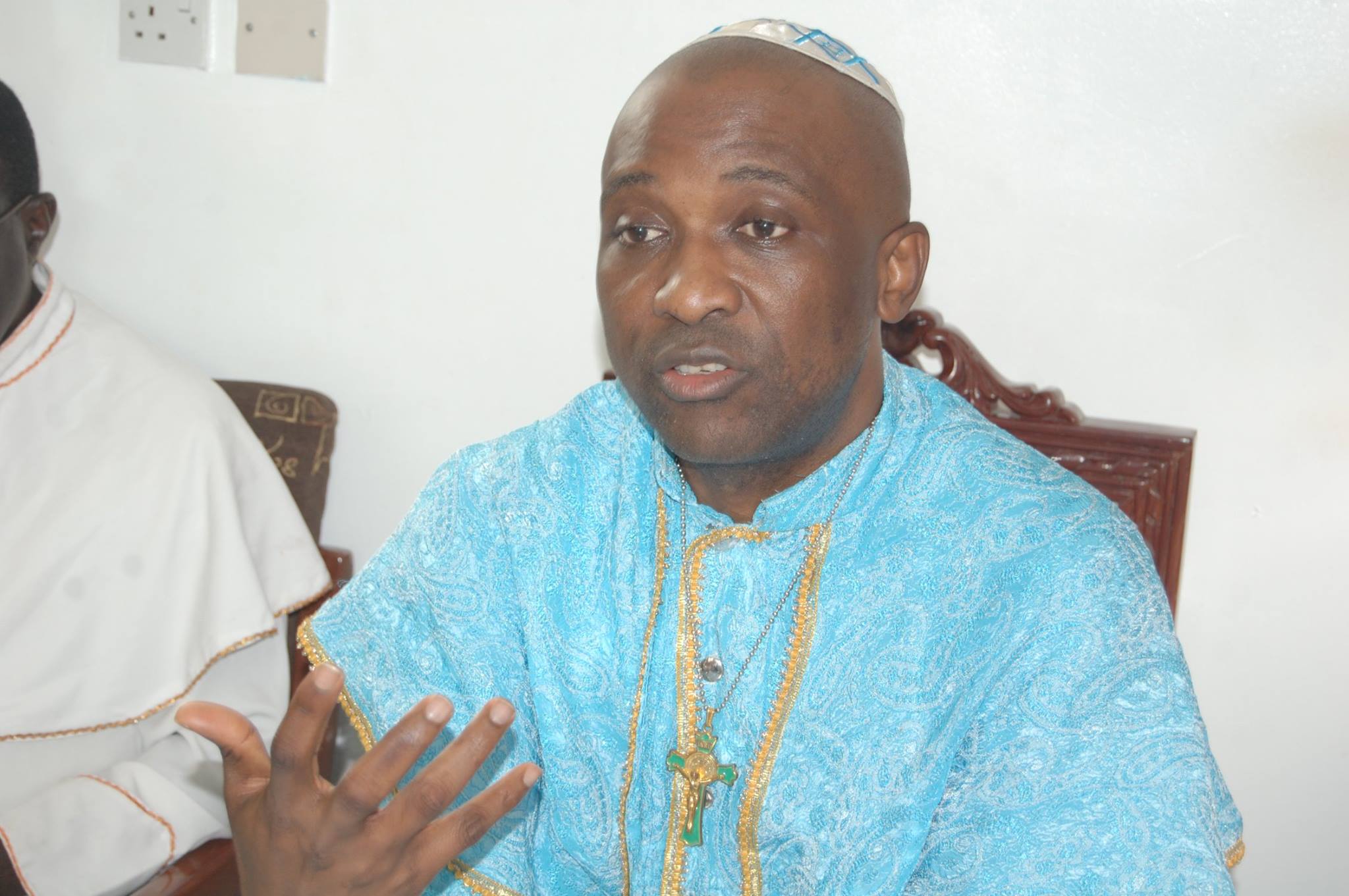The Federal High Court, Abuja, has given the Independent National Electoral Commission(INEC), permission to proceed with its planned recall of Sen. Dino Melaye (APC-Kogi).
Justice Nnamdi Dimgba gave INEC the permission to go ahead with the process on Monday, September 11, 2017 after dismissing Melaye’s suit for lacking merit.
Melaye had filed a suit seeking to stop INEC from recalling him from the Senate following a petition it received from the constituents of Kogi West Senatorial District, which Melaye represents.
Dimgba, in his judgment, premised his opinion on the grounds that Melaye was hasty to run to the court and that he should have explored and exhausted the internal mechanisms provided by the 1999 Constitution.
According to the judge, “Melaye’s complaints are hasty, premature and presumptuous.’’
He therefore ordered INEC to go ahead with its planned verification of signatures contained in the petition.
The judge, however, ordered INEC to furnish Melaye with a copy of the petition it received, a schedule of the signatories and a full list of persons in support of the recall petition.
The judge held that the constituents who wrote the petition to INEC seeking his recall were not under any duty to serve him with a copy of the petition or offer him an opportunity to defend himself.
“I do not believe that the petitioners have the duty to serve the plaintiff with a copy of the petition. The duty of the constituents is to write and submit their petition to the electoral body.
“There is no provision in Sections 68 and 69 of the Constitution that provides the scope for the writers of the petition to inform the plaintiff of plans to recall him or for him to come and clear himself of allegations levelled against him.
The trial judge held that the only option available for Melaye, was for him to go through the verification process to be conducted by INEC.
He further held that it was only when Melaye noticed any infraction, fake signatures or names of dead persons during the verification exercise that he could approach the court to seek redress.
On the 90 days time limit set for the recall process, the court said it was doubtful of the date beginning from June 23, 2017.
He said even if it existed; the 90 days paused on July 6, 2017 when the court made an interim order on the suit.
“Ordinarily, the 90 days begins today that this pronouncement has been made.”
Melaye had among other reliefs prayed the court to declare that the petition his constituents presented to INEC for his recall was illegal, unlawful, invalid, null and void and of no effect in law.
He had further prayed the court to declare the petition invalid and of no effect, on the grounds that it was signed by fictitious, dead and non existing persons in his senatorial district.
He also contested that the recall was invalid because he was not served a copy of the petition and that not serving him a copy of the petition violated his rights to fair hearing as well as natural justice.
A sister suit filed by the All Progressives Congress (APC) seeking the nullification of the recall process was also dismissed.







![Tonto Dikeh Shares Testimony of Deliverance From Addiction and Masturbation [VIDEO] Tonto Dikeh](https://www.thetrentonline.com/wp-content/uploads/2019/05/Tonto-Dikeh.jpg)



